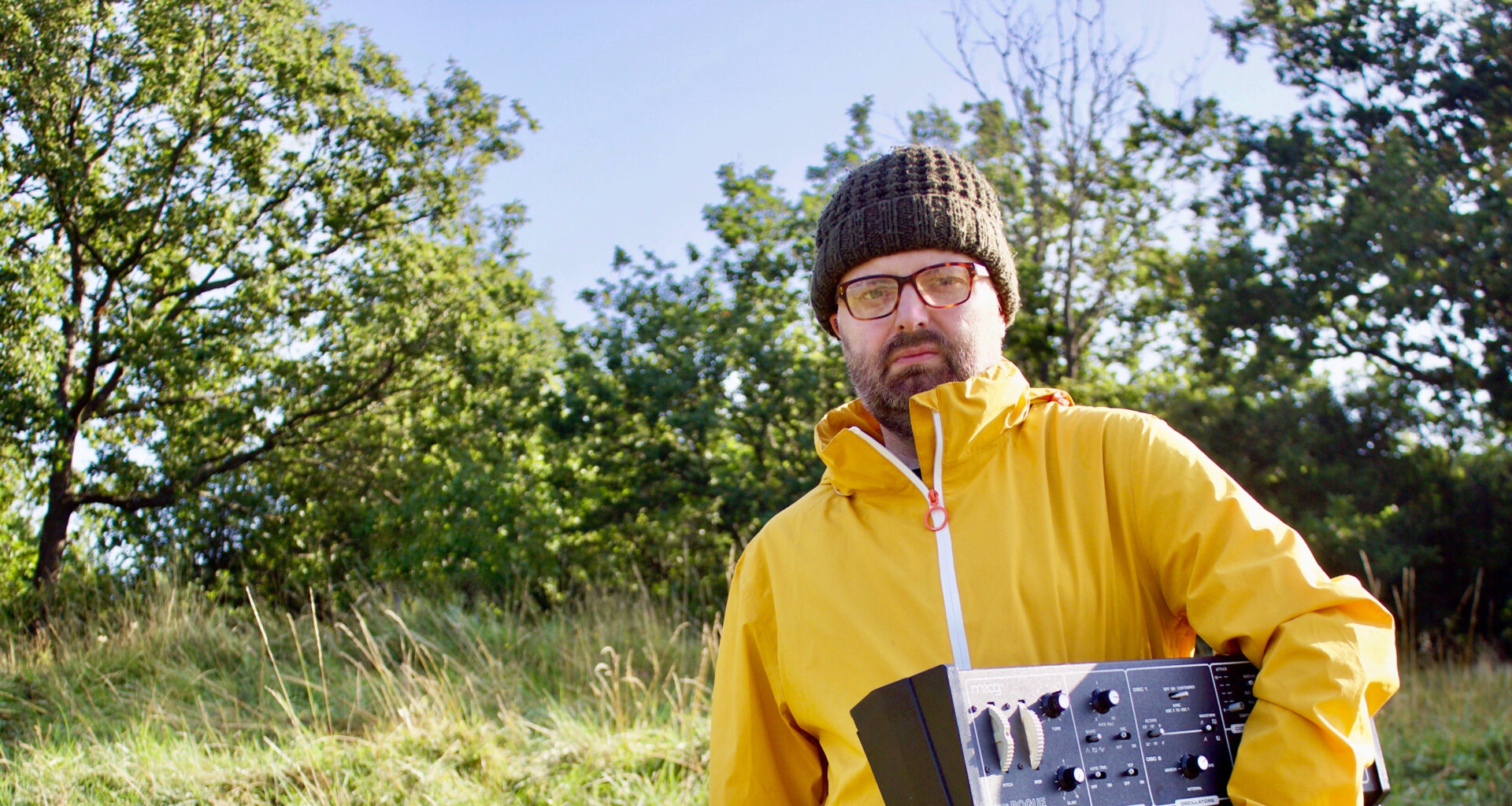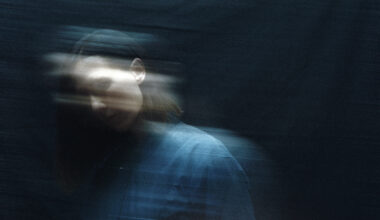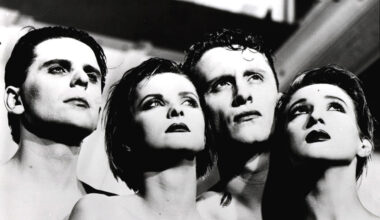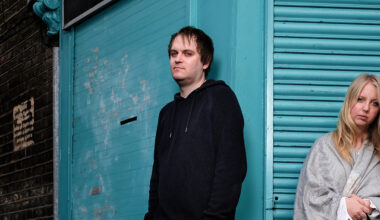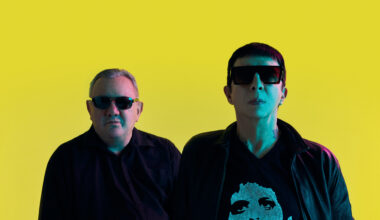Adam Cresswell is Rodney Cromwell. Previously, he’s been Arthur from Arthur And Martha, a founder member of Saloon, and a man whose life was changed by a shattered jar of pickled onions
Want to read more?
Sign up to Electronic Sound Premium to gain access to every post, video, special offers, and more. 100%, all you can eat, no commitment, cancel any time.
Already a premium member? Log in here
